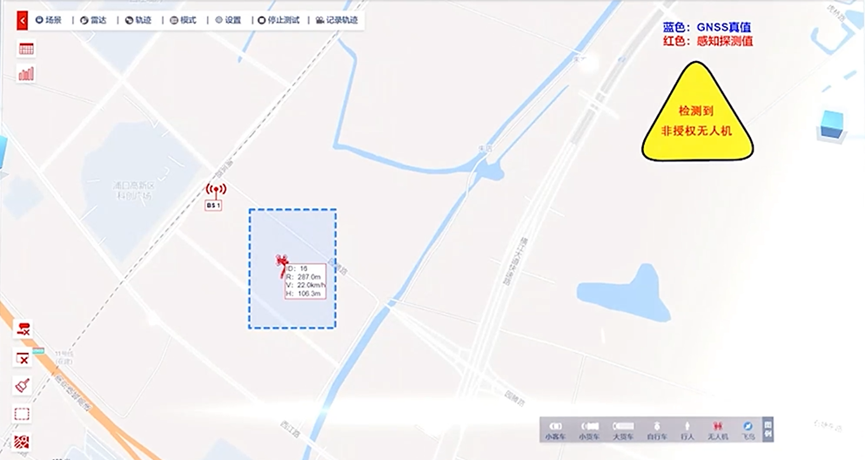5G-Advanced (5G-A) technology is considered a pivotal step in the transition from 5G to 6G, and within this, integrated sensing and communication (ISAC) stands out as a key innovation of 5G-A. At MWC 2024, China Unicom unveiled its top 10 achievements in 5G-A innovation, showcasing the immense potential of ISAC technology in enhancing 5G-A network capabilities across the low-altitude economy, Internet of Vehicles (IoV), and smart mining, thereby supporting a huge range of services.

Utilizing electromagnetic wave reflection, 5G-A ISAC technology calculates the distances, speeds, locations, and angles of moving objects by measuring echo time differences, the Doppler effect, and beam reflection. The technology also enables the accurate imaging, detection, tracking, and identification of targets. This means it can detect vehicles and mine slopes to facilitate smart mining, and has already become a crucial tool for advancing the low-altitude economy and IoV.
China Unicom has taken the lead in 5G-A ISAC by implanting it at the Nanjing Civil Unmanned Aerial Vehicle Test Zone. This innovative technology integrates sensing capabilities with existing communication base stations, enabling an effective sensing range of 500–1000 meters per site. It can proactively discover slow and small targets in the test zone, offering a more comprehensive and effective method of low-altitude supervision. Furthermore, this technology assists UAV operator training institutions in analyzing trainees' flight paths based on sensing data, thereby enhancing teaching efficiency.

5G-A ISAC base stations in the Nanjing Civil Unmanned Aerial Vehicle Test Zone
This innovative collaboration between China Unicom and the Nanjing Test Zone has fostered key capabilities such as target tracking, illegal-UAV detection, and geofencing, marking significant breakthroughs in the development and application of 5G low-altitude intelligent networks.

Target tracking by the 5G-A ISAC base station
As a leader in the development of low-altitude intelligent networks and applications in Nanjing, China Unicom has partnered with GLARUN Technology to create a radar- and video-based low-altitude wide-area sensing system that integrates multiple technologies such as 5G-A, two-dimensional phased-array radar, and optoelectronics. This innovative system will drive the continuous evolution towards low-altitude intelligent network 2.0. China Unicom plans to complete the pilot implementation of this system by the end of 2024, establishing China's first low-altitude wide-area sensing network featuring ISAC, local/remote collaboration, seamless coverage, and intelligent identification. The network will facilitate the detection, identification, and management of low-altitude aircraft, thus maintaining low-altitude safety.
China Unicom will also continue to work with industry partners to explore the commercial applications of 5G-A ISAC and promote economic development.

